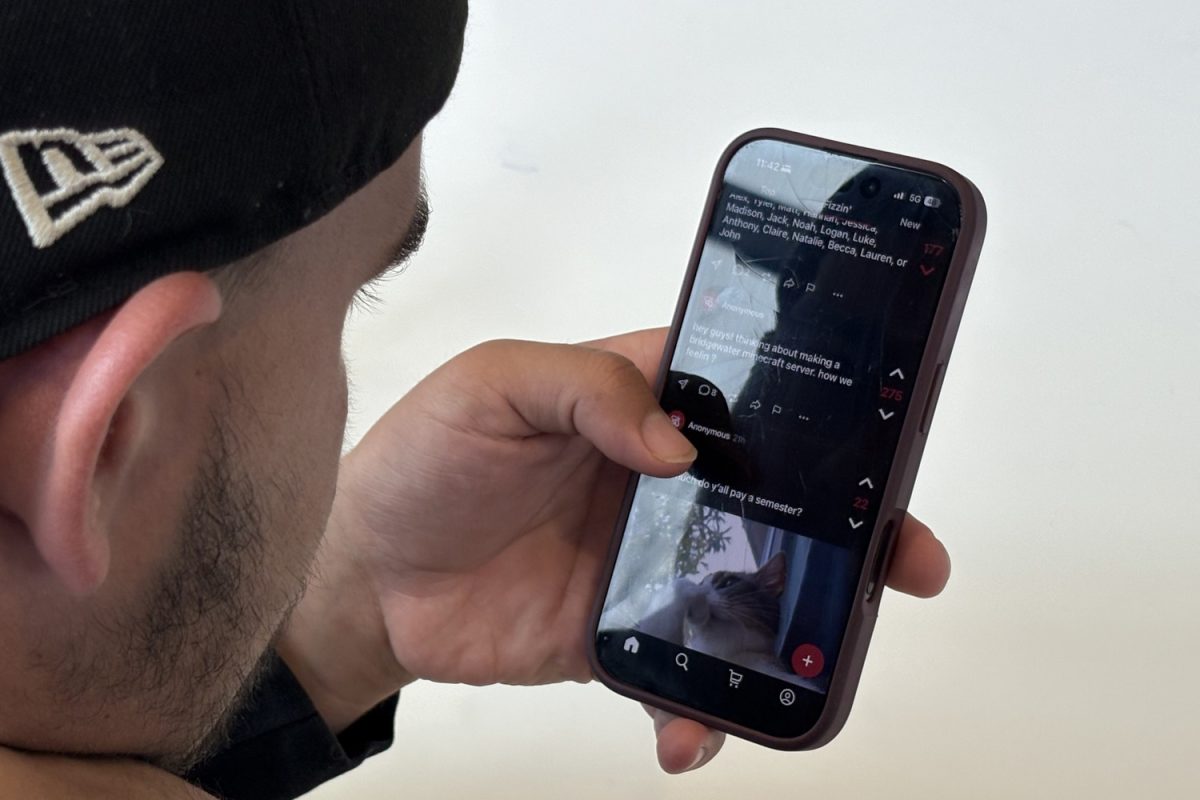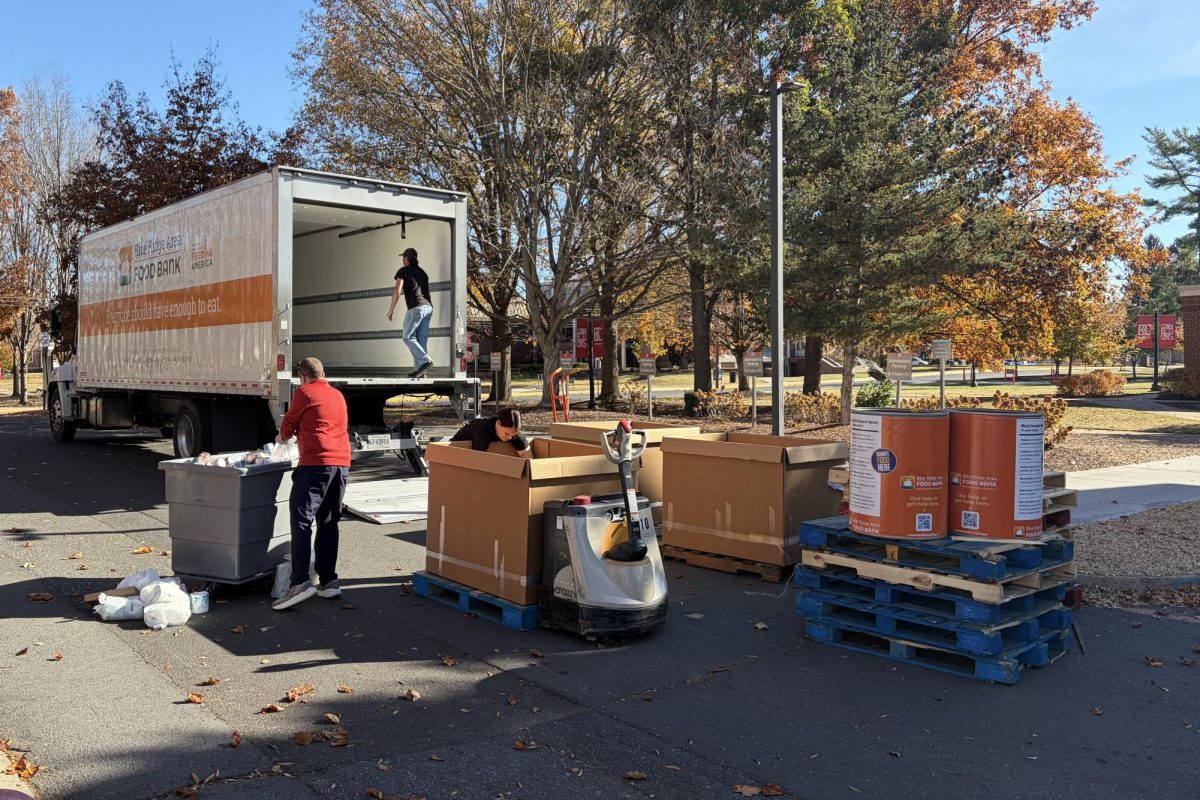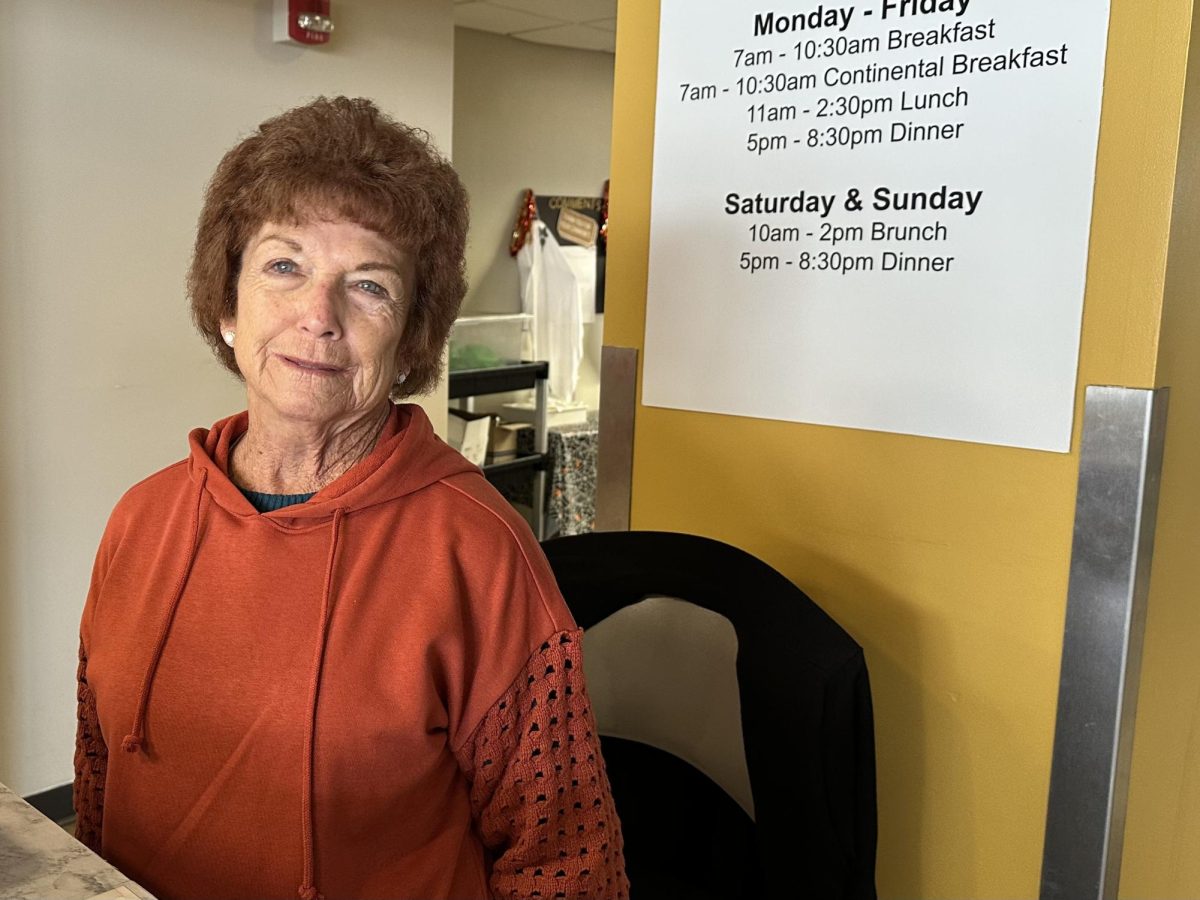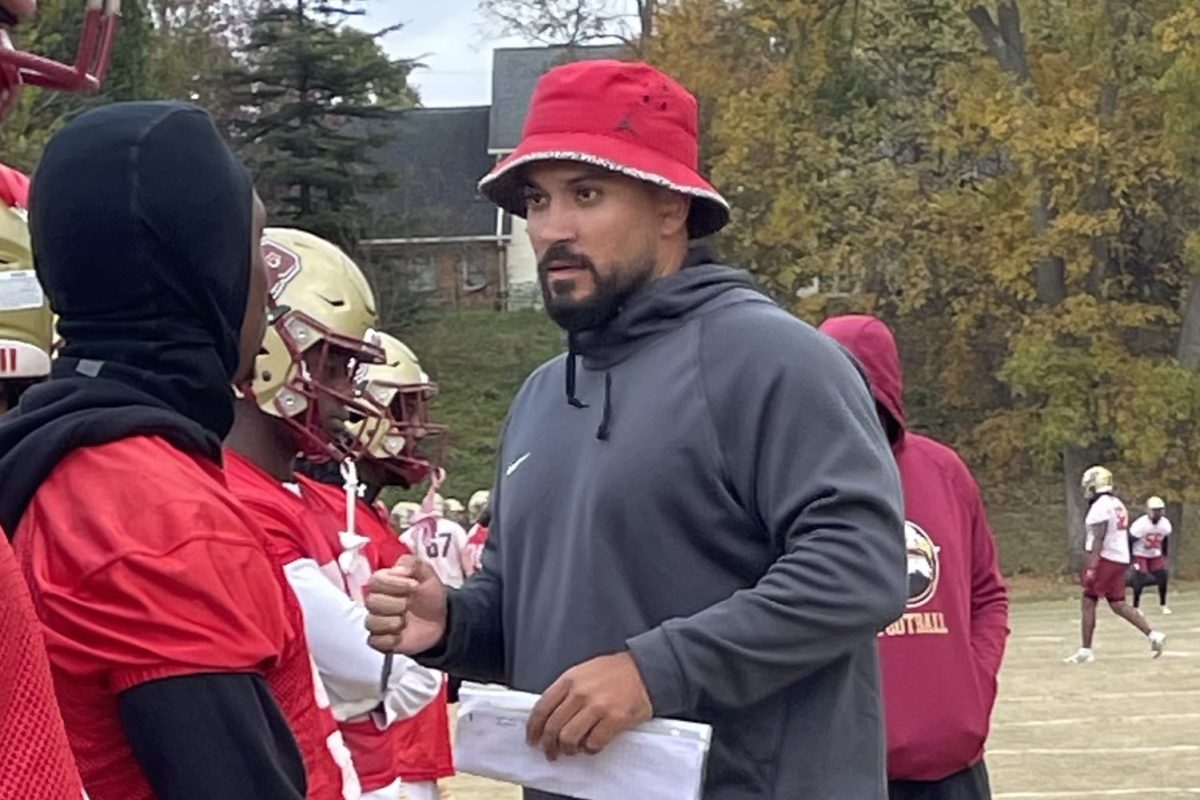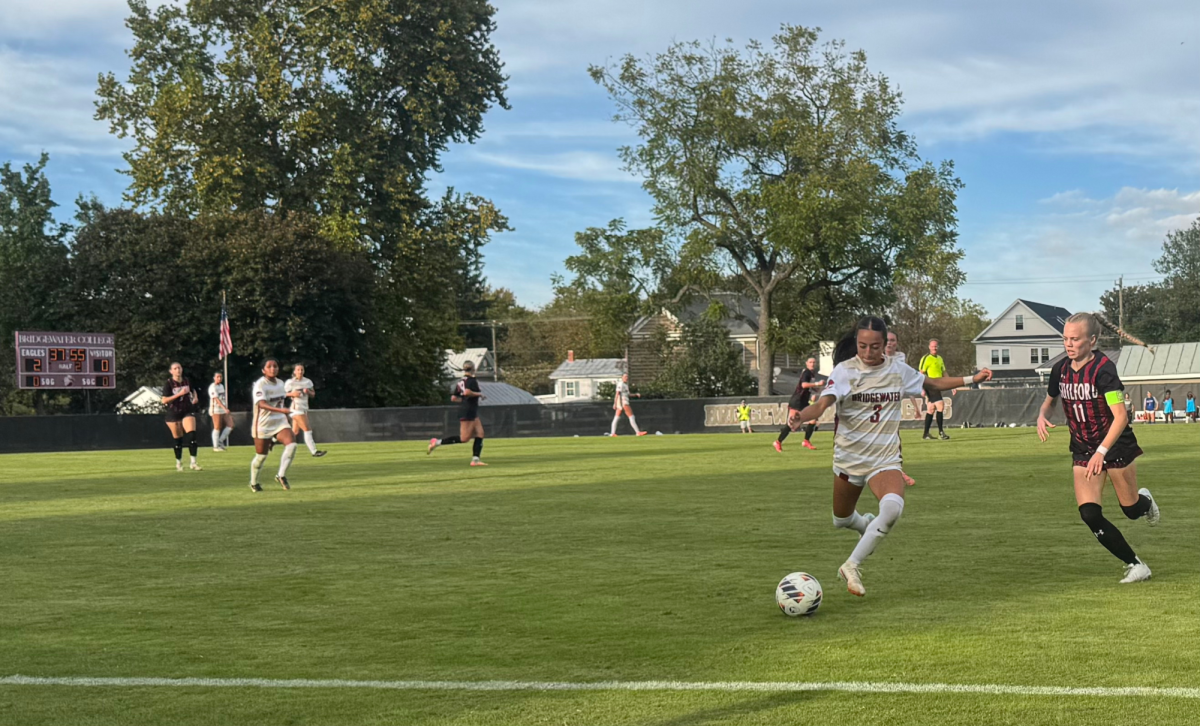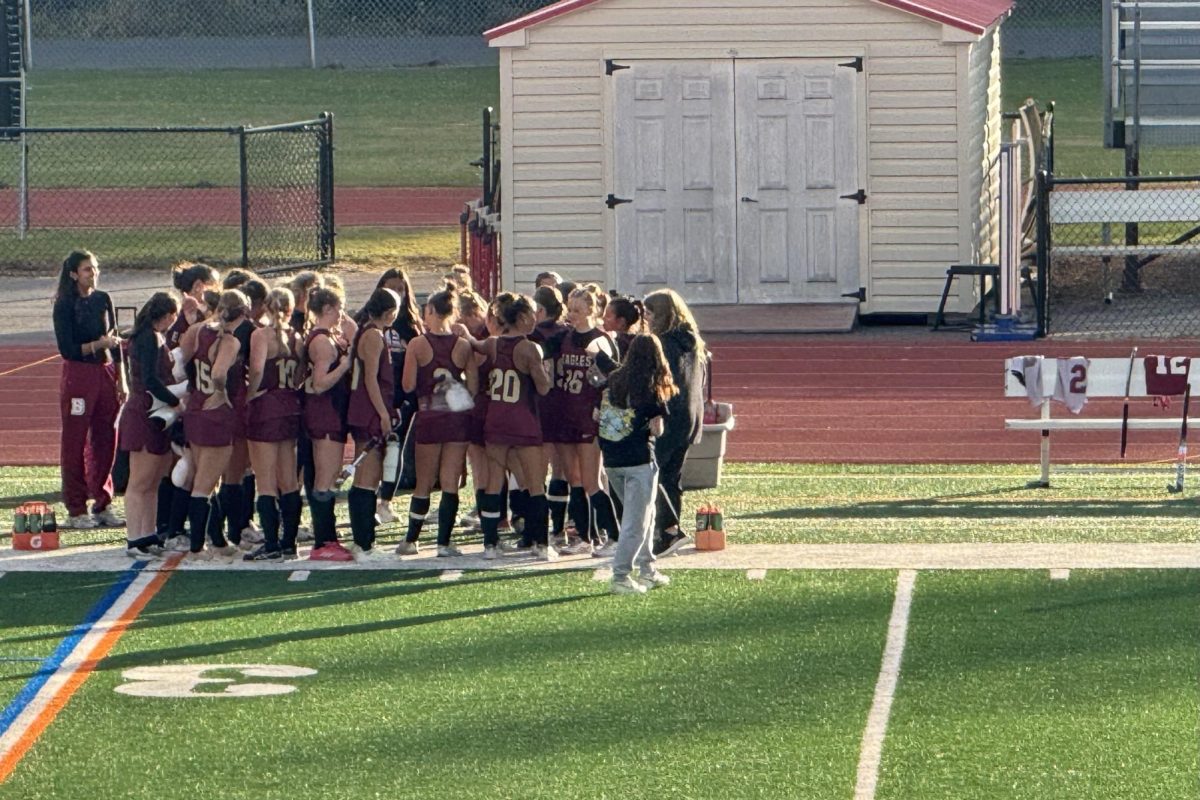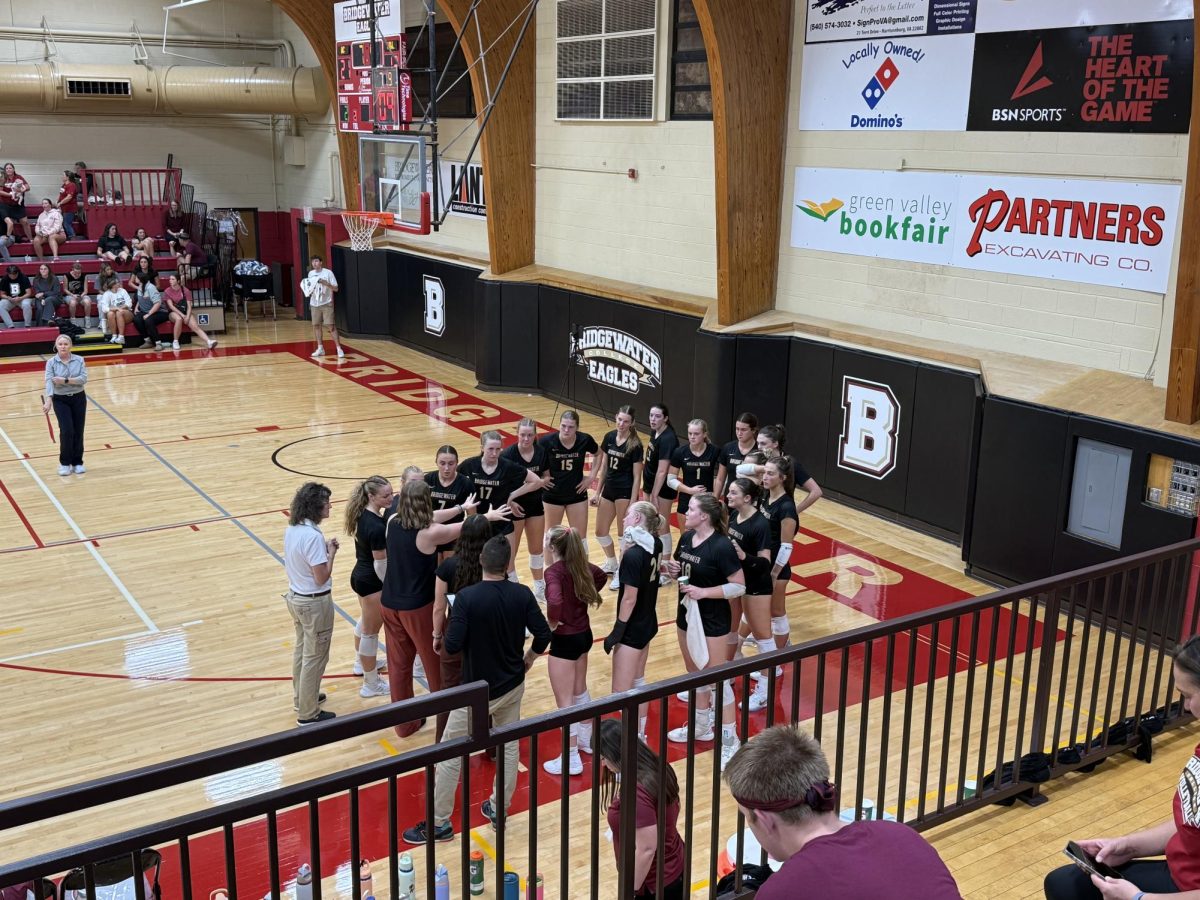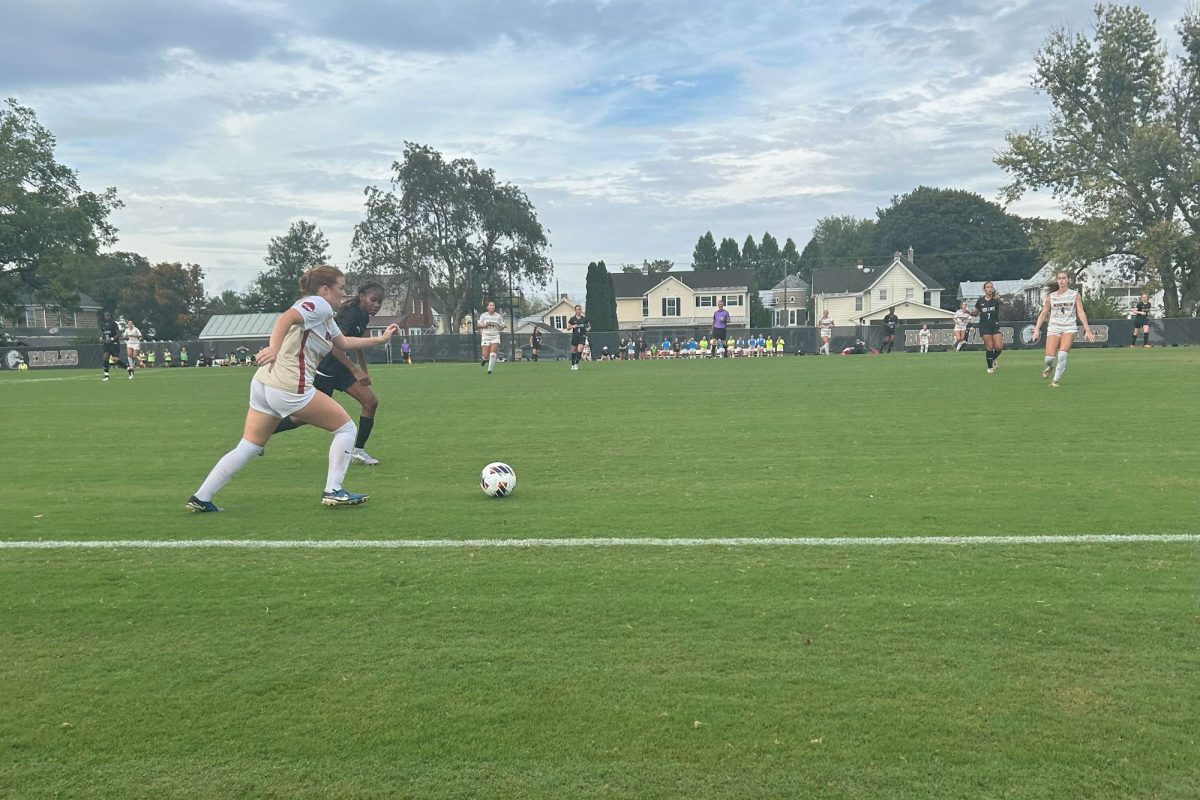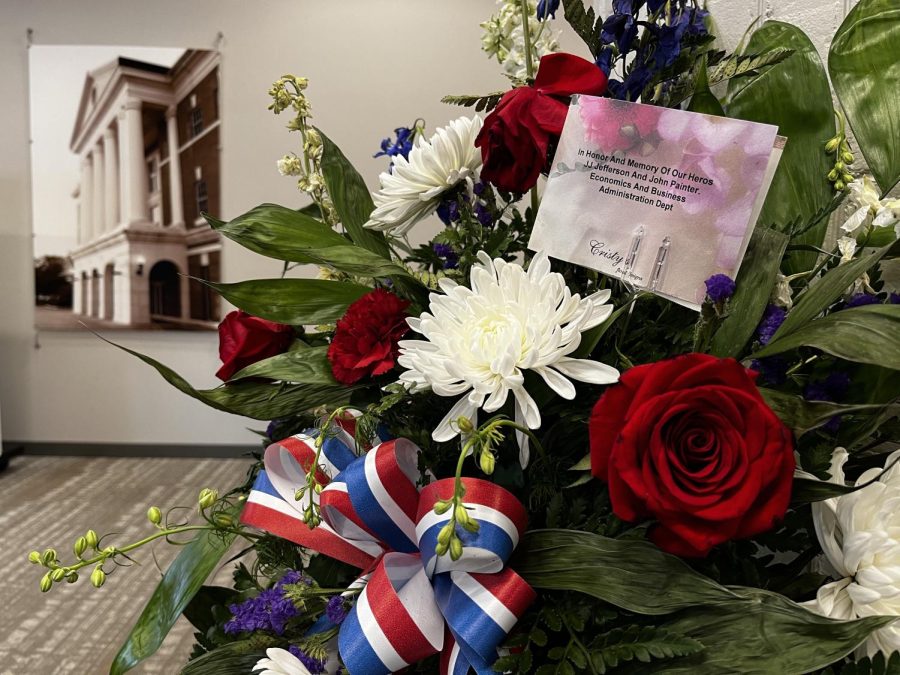Moving on Vs. Moving Forwards
February 11, 2022
You don’t have to have it all figured out to move forward, just take the next step. -Unknown
Grottoes, Va.- As human beings, we possess an innate desire to forget about the things that hurt us. In terms of separating ourselves from a traumatic situation, this can be a positive. However, it becomes all too complicated when we would like to forget an event, but not the people connected to it.
How are we supposed to move on when we still want to honor a beloved community member or loved one? The truth is, we should never move on; we should move forward.
Since returning to class after the shooting, I have talked with many classmates on how they feel. The overwhelming majority have given me the exact same word to express how continuing on with classes feels: weird.
Some of these “weird” feelings are due to still processing the events on campus, but I also reserve some of it to being stuck in a limbo between moving on and moving forward. Several of my professors have brought this idea into the classroom this week, and while helpful, it is still difficult to wrap my head around. While these are similar sayings, they could not have more unique meanings.
Imagine someone tells you to move on from this event. What connotation does that have on you? To me, the idea of moving on invalidates the emotions, processing and grief that many people on campus are currently experiencing. “Moving on” feels sharp, insensitive and nonsensical in a time like this.
Conversely, take the saying “move forward.” This statement feels powerful and healing compared to its counterpart. It is amazing the difference in meaning between two simple words.
Specific to our campus, how can we put action to this phrase?
1. Let’s honor the lives of John Painter and J.J. Jefferson.
There will continue to be events and opportunities to keep our fallen officers in your memory. Even if the attendance at events and ceremonies feels like too much for you, there are plenty of ways to honor in your own way. Writing about them, talking about them and even just keeping them in your memory are all methods of honor.
2. Let’s not avoid discourse surrounding the event.
While it may be difficult to have these conversations, it is important to reach out to those who can help if you are struggling. I have found that talking with the classmates who were with me during the events has significantly helped. It is also critical to continue discourse in order to identify what our campus and the wider world can do to prevent future shootings and increase the sense of safety, such as attending active shooter training.
3. Let’s continue to be there for each other, not just for the remainder of the semester, but for the remainder of our college years and even beyond.
Far after graduating from BC, we will still be a part of the community. Whether it be continuing friendships with fellow alumni, staying in contact with our professors or applying what we have learned into the workforce, Bridgewater is ingrained in our identity. Flipping the tassels on our graduation caps may mean we are no longer undergraduates, but it does not mean we should stop supporting one another.
Even after reaching that, for me, moving forward is preferable to moving on, I felt stuck in how to do so. That is when I realized that we do not necessarily have to move forward until we are ready. So soon after a traumatic event like the one we experienced as a campus, no one expects you to move forward right away, at least I don’t.
Take your time to process and grieve, and when the time feels right, move forward, but never on.

